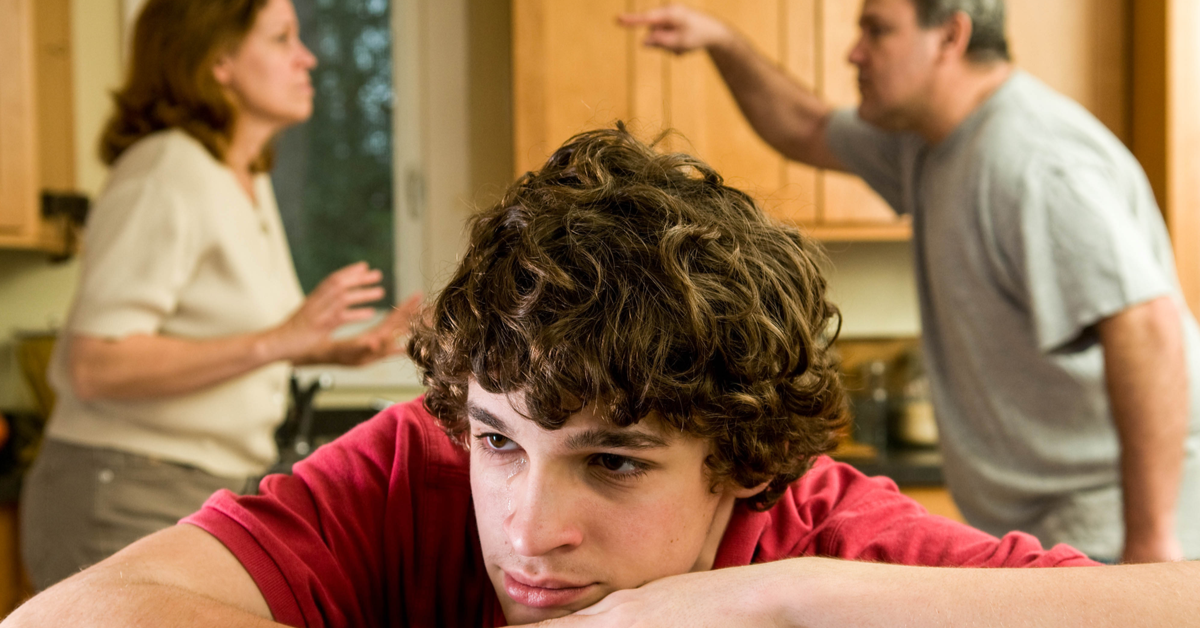Sometimes it can feel like your teen will never be motivated. It can be especially difficult for parents to handle unmotivated troubled teens after they have been sent to a residential treatment center. To keep parents from feeling like they are wasting their time and money by sending their unmotivated teens to residential treatment, we wanted to address how they can help motivate their troubled teen.
Reasons Why Your Teen Is Unmotivated At Residential Treatment
There can be a variety of reasons why your troubled teen may be unmotivated while at a residential treatment center. Your teen may not necessarily tell you why they are unmotivated but you can use your teen’s behavioral cues to understand why your teen is struggling.
- Homesick – Many teens in residential have never spent a significant time away from home. The resultant homesickness can make teens unmotivated. If your teen doesn’t express their homesickness to you, it is likely the signs have been observed by the treatment center care staff and will be reported to you.
- Defiance – Your teen can act out in defiance by being completely unmotivated and disengaged from their treatment process. This is probably the easiest to spot in your communications with your teen, as teens are not usually shy about sharing what has made them angry and defiant.
- Adjustment – There is a certain adjustment period to be expected when teens first arrive at a residential treatment center. They may resent being there or be frightened with these emotions being expressed as being unmotivated. You can expect this to continue from anywhere from 2-4 weeks.
- Depression – For teens who have gone to residential treatment to help manage their depression, the new environment may not be quite enough to break out of their depression. You may or may not observe this during your communications with your child or be informed by your troubled teen’s care staff.
- Detox – While most residential treatment centers are not detox centers, many teens go to them after going through inpatient detox treatment. While the teens may be weaned off the substance they were addicted to, the cravings will still be there. This can be very unmotivating for teens. Most likely you will only know about this problem via the direct care staff.
Ways To Motivate Your Troubled Teen In Treatment
It can be difficult to know how to motivate your troubled teen when they are away in residential treatment. Whether they are in a local treatment center or an out-of-state residential treatment center, there is only so much you can do to help motivate your teen to be a more active participant in their healing process.
Some ways you can try to motivate your troubled teen in a residential treatment center are:
- Keep up positive communication – While it can be hard to remain positive when you see your troubled teen acting unmotivated, it is best that you remain upbeat and positive in your communications. Your teen can learn a lot from your reactions to them in treatment.
- Work closely with care staff – It is incredibly important to work with your son or daughter’s care staff, whether it is their medical doctor or therapist. You know your teen better than anyone, so if the care staff hit a wall when treating your teen, you need to be available to provide insight to your teen.
- Take opportunities to visit – Family visits are highly encouraged as it can be very motivating to troubled teens to work harder at improving. You can also work more directly with your teen’s care staff to help keep your teen motivated.
- Give your teen time – It can take time for your teen to change. A lack of motivation in the early months can happen as the transition into residential treatment can be difficult for everyone involved. Give your teen’s residential treatment center time to work with your teen and allow them to help your teen improve.
As there are many residential treatment centers available, it can be hard to tell which one would be the right one for your child. You can contact us free of charge and we will discuss your child’s needs so we can help you find the right motivating residential treatment center for your troubled teen.











0 Comments